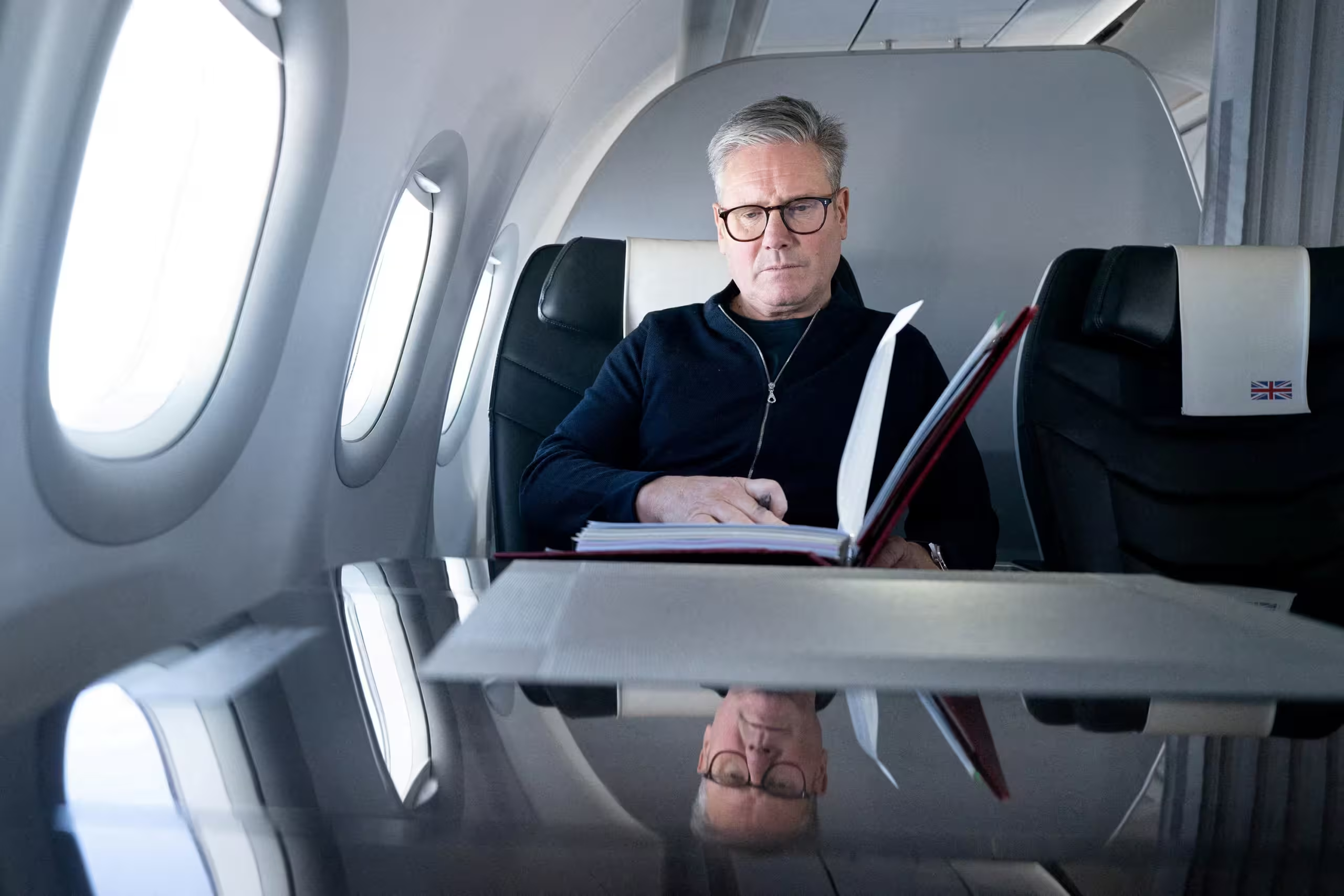London: According to reports, the UK government has secretly held talks with Turkey, Vietnam, and authorities in the Kurdistan region of Iraq over compensation that will be offered to limit the number who must migrate to Britain. Such talks are part of governments’ more significant global effort to make illegal immigration and dangerous routes more difficult.
Prime Minister Keir Starmer urged deterring migrants from the perilous voyage to Britain. As he traveled to Brazil for the Group of 20 summits, Starmer cited the need to deal with the causes of emigration and prevent fatal Channel crossing attempts. He underscored the UK’s commitment to targeting criminal networks that exploit migrants in pursuit of better prospects.
“Anything we can do to stop people leaving in the first place is the right thing,” Starmer said, reaffirming his argument that bringing migration down at source must be integral to the government’s immigration strategy.
Consultations with Critical Source Countries
According to The Times, Interior Minister Yvette Cooper is holding negotiations with her Turkish, Vietnamese, and counterparts from the semi-autonomous region of Kurdistan, Iraq. Security cooperation and funding will be on the table to share the burden of managing or, better still, reducing flows of migrants. These talks are expected to result in cooperation deals by the end of the year.
The meetings are part of a broader UK campaign to secure overseas partners to combat unofficial immigration. Cooper’s meetings with these governments only reflect an emerging acknowledgement that accurate immigration control cannot be realised without the support of countries whose citizens regularly make up the most significant proportion of immigrants. It is unclear if payments are involved or what kind of deals were made.
UK’s Wider Immigration Strategy
As a supplement to these efforts, the United Kingdom resorted to international cooperation, as most other European nations have attempted to cope with rising levels of migration. In September, Prime Minister Starmer toured Italy, applauding the country’s measures proactively curbing illegal immigration. Among these plans that involve stopping migrants from embarking on their journeys, the government used Italy as a reference model for Britain’s approach to handling immigration challenges.
These efforts of the UK come at a time when it is even more restless over the threats those migrants face in their quest to cross the English Channel. The crossing has always been dangerous, and there have been other instances of successive tragedies with several numbers records of death.
Tensions have been brewing within the UK government regarding practical solutions that meet humanitarian requirements and border security needs.
No Government Response
A spokesperson for Prime Minister Starmer in a London office refused to comment on any details of the report. However, the UK government’s new measures clearly intend to boost ties with the rest of the world and work more in sync with the countries that provide for many of those crossing borders. One would hope it would be enough at the wellspring to stem the tide of the illegal influx and strengthen the security and safety of the country’s borders.
The negotiations with Turkey, Vietnam, and Iraqi Kurdistan involve all-around approaches to the problem, with both short- and long-term solutions. Such funding would help create conditions that make dangerous journeys unattractive to people while disrupting the activities of the organisations that traffic people.
The Migration Issue in Europe Lives On
This remains a sensitive and politically sensitive issue across Europe, with countries attempting to meet their need for border security while fulfilling their humanitarian mandate. The current UK debate reflects the European Union’s trend of seeking cooperation with governments outside of its borders that can assist in regulating migration flows more effectively.
The result of the communication between Turkey, Vietnam, and the Kurdistan region will be kept under sharp focus as the negotiations drag on. Results of the same can be expected in the UK and across the globe as these agreements themselves are expected to break the path for further international cooperation towards a more sustainable and humane management of migration.















